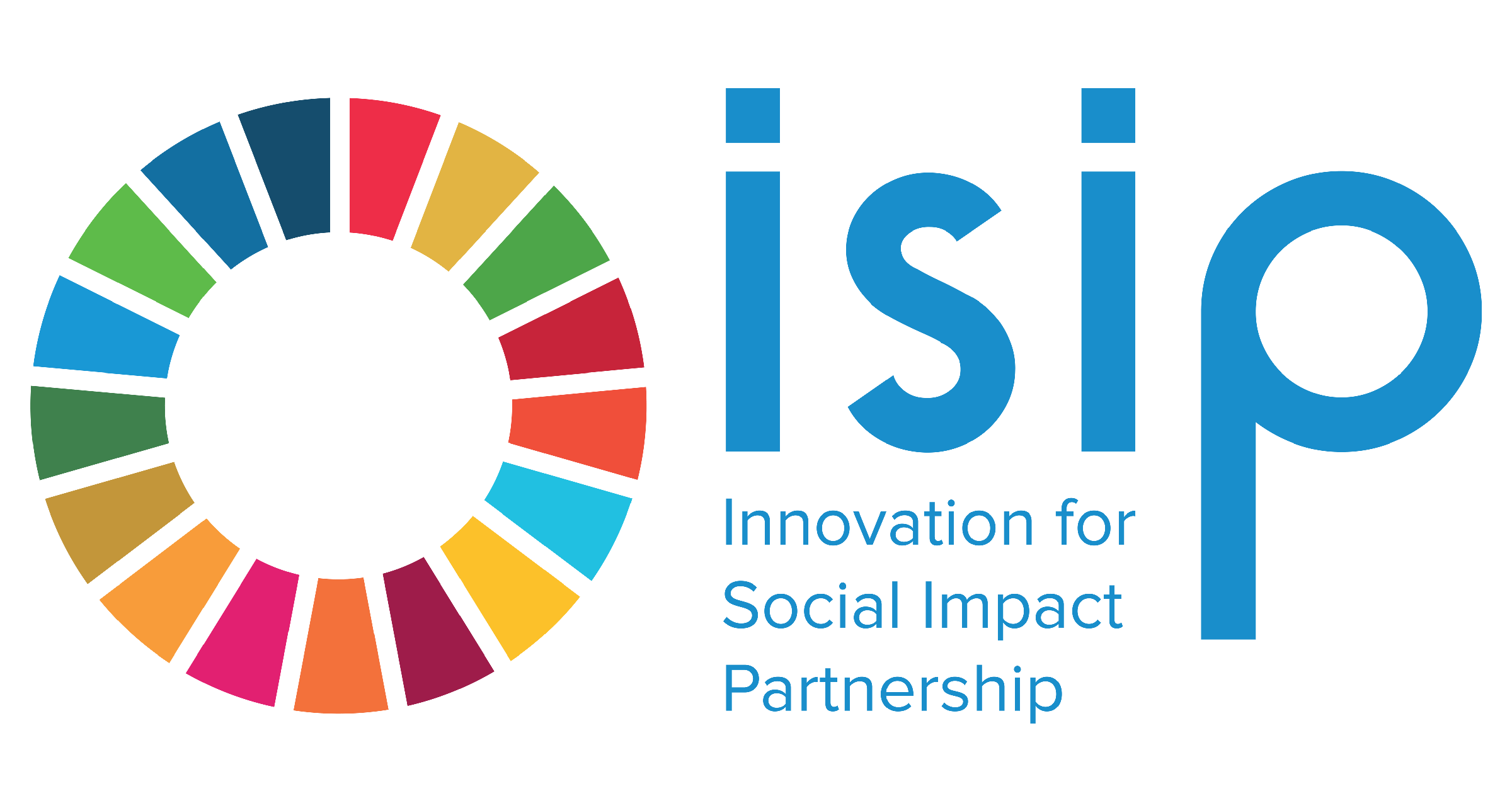Mentorship: A Vital Support to an Entrepreneur's Progress
by Samantha Sheane Chico
Art by Jazmin Tan
They say that experience is the best teacher. Remember when our parents would sometimes (or always!) say “Papunta ka pa lang, pabalik na ako” (been there, done that)? Remember how annoyed we would get when we hear those words because we thought we already knew everything? Now that we’re older, how do you appreciate those words?
“Papunta ka pa lang, pabalik na ako
(been there, done that)”
For me, I realize that the point of those words was not to demean our inexperience, but to give value to the experience of those who went ahead. I now understand that those experiences gave our parents the wisdom that led to the failures and successes they now have.
In the same way, we at ISIP try to access the hard-earned wisdom of trailblazers and changemakers to help guide the social enterprises under our Social Impact Accelerator (SIA) and Innovative Solutions Grants Facility (ISGF) programs as they grow their business and achieve more impact.
Bringing my knowledge and experience on learning management and organizational development, I joined ISIP as its mentorship coordinator. As such, I was tasked to design, manage and implement the partnership’s learning and mentorship program for its SE cohorts.
For our mentorship program, we decided to pursue a two-pronged strategy of matching SEs with industry leaders and changemakers and providing opportunities for peer mentoring among SE cohorts. This experience has been interesting because of the SEs’ unique predicament of being a business looking to address the perennial social challenges. It was also very inspiring to see how our mentors shared their hard-earned wisdom as they exchanged ideas and experiences with the ISIP SEs.
[RELATED: Issue Paper: Growth-Stage Social Enterprises in the Philippines]
I would say that the program has been successful as we saw how our SEs progressed based on their mentors’ comments and recommendations. However, it has not been a walk in the park. Here, I’d like to share some of the lessons I learned from managing the mentoring program:
Do Not Be Afraid to Ask
Our team wanted to reach out to the country’s most notable entrepreneurs and changemakers to be our mentors. Oftentimes, I’m starstruck with the mentors we intended to invite for our program. I wasn’t sure if our desired mentors would accept our invitation, let alone read my email. Thankfully, most of our invited mentors expressed willingness to support our program. They were all very humble and very sincere in wanting to help our SEs.
Through these interactions, we learned that many successful industry leaders are willing to share their time and expertise. Sometimes, all it takes is for someone to ask.
Start Where the Social Enterprises Are
Oftentimes, it is tempting to implement a one-size-fits-all program for easier implementation. However, our team believes in the principle of starting where the people are. We acknowledged early that our SEs have different needs arising from their differing contexts and enterprise maturity. We dove-tailed our interventions by implementing a rigorous needs assessment scheme to determine perceived and expressed mentoring needs. The information we gathered were used to select the mentors, as well as guide them on how they can help their respective mentees.
As a result, our SEs had thought-provoking, meaningful discussions with their mentors and had actionable recommendations that were directly implemented in their respective SEs.
Mix and Match
By determining the unique mentoring needs of the SEs, we realized that having just one mentor won’t be able to address all the pain points of a mission-oriented business. Thus, we opted to provide our SEs with a mix of mentors who are experts in different fields to cover more ground.
Because of this strategy, the SEs were able to receive more well-rounded guidance in navigating their businesses’ nuances, creating frameworks and implementing business decisions.
Do not Underestimate Peer Mentoring
Oftentimes, people think that mentoring programs only refer to a match between a senior mentor and a mentee. However, a lot can also be learned from the exchange of knowledge and experience between fellow cohorts. What makes peer mentoring effective is that oftentimes, they move in similar spaces, so the conversations are more relatable, yet seen using a different lens. This leads to a wider perspective of things. Also, recommendations are often very practical and direct to the point. The interaction between cohorts also leads to potential meaningful collaborations and builds a stronger community.
The ISIP mentoring program enabled our partner SEs access insights and wisdom of trailblazers and changemakers who have done it before. It was also an opportunity for the mentees to share their own knowledge and perspective. But, more than that, the ISIP mentoring program hoped to build a community that values information exchange to support the growth of the social enterprise sector in the Philippines.
They say experience is the best teacher; but nobody said that the experience should only be your own.
Samantha Chico is a quality and productivity practitioner that worked with many Government agencies to gain their ISO 9001 certifications. In pursuit of her passion for community development, she is currently a Program Coordinator for the Innovation for Social Impact Partnership (ISIP) project, helping empower local social enterprises to scale their business and impact, contributing to the achievement of the Sustainable Development Goals (SDGS).

